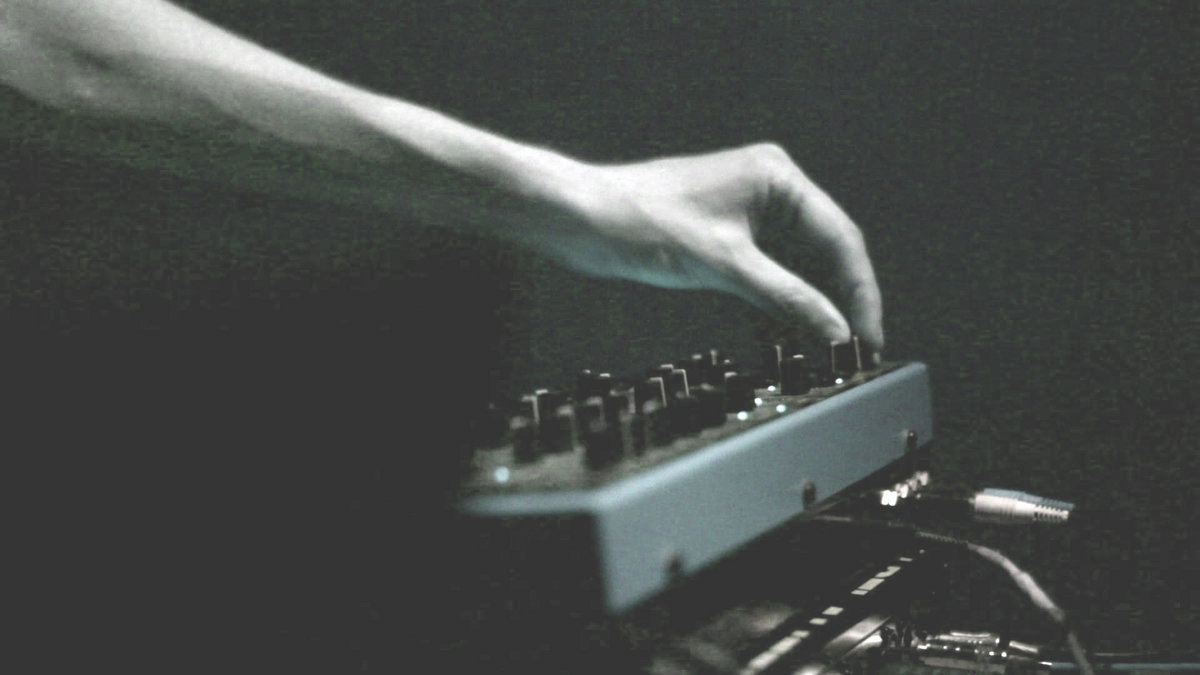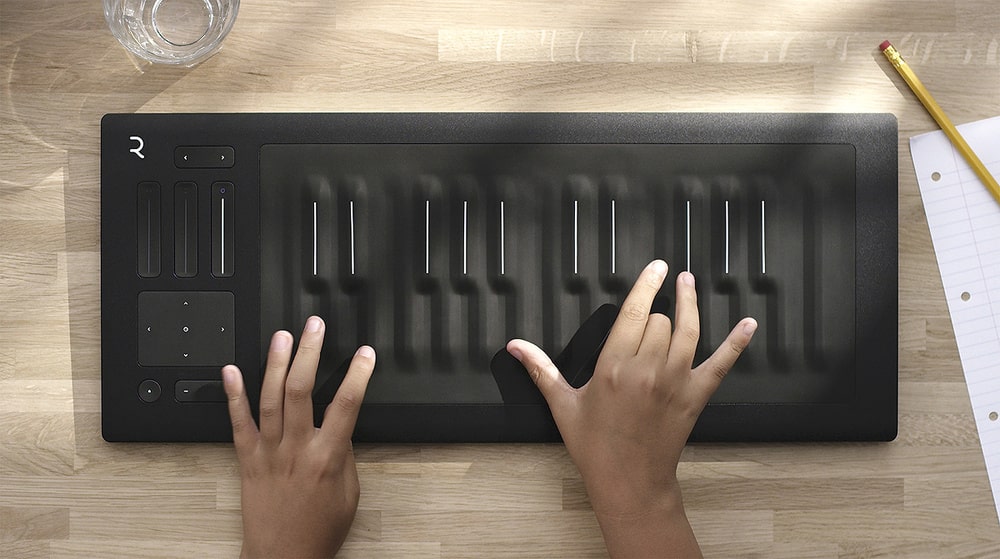When working on a music track, every producer may face creative block or loss of inspiration. This is a natural part of the creative process, but it’s important to know how not to get stuck in these moments and how to keep the creative flow going. Here are some practical tips to help you stay motivated and bring your ideas to completion:
1. Immerse Yourself in Music and Your Environment
- Listen to a lot of music: Include both classics and new releases in your playlist. A good ear for various styles helps you keep your ideas fresh. Explore new genres such as reggae, folk, or electronic music.
- Surround yourself with inspiration: Attend concerts and music festivals, communicate with other creative people. This allows you to share ideas, collaborate, and receive support.
- Make your workspace comfortable: Physical comfort matters. Have a comfortable chair if you work at a computer, or proper support for your instruments.
- Know your environment: Get used to the sound of your studio and speakers. The more time you spend in your workspace, the better you understand its dynamics. Create a space that inspires you — maybe light candles or decorate the room.
2.Quickly Move from Idea to Full Track
- Don’t get stuck in loops: Even if you have just a few seconds of music or a two-bar loop, copy and paste it to create a longer section. Your brain responds differently to 50 seconds of music compared to a short loop — it starts to feel more complete.
- Work on arrangement as soon as possible: Once you have something that works, create a large section with all elements. Then gradually decide what to bring in or take out.
- Develop ideas: For example, Danny Byrd starts with a sample, quickly adds drums, and then uses the sample’s tonic to inspire a bassline.
3.Experiment and Learn
- Try new sounds and techniques: Don’t be afraid to experiment with new plugins, instruments, or production methods. This helps you discover fresh ideas and avoid creative stagnation.
- Use unusual sound sources: For instance, a guitar in a techno track, or simply breathing or whispering. This adds unique texture and depth to your music.
- Learn a new instrument: Being able to play several instruments broadens your songwriting possibilities.
- Master your DAW: Your ability to work with software and understand what makes a track great is often more important than pure instrumental skills.
4.Discipline and Consistency
- Work consistently: Even on days with low inspiration, keep putting in creative effort. This builds resilience into your workflow.
- Don’t force yourself: If things aren’t going well, stop and do something else — take a walk, read a book, or make a mix. Forced work often leads to bad music and frustration.
- Hit record early: Within the first 30 minutes of working, as you start feeling the studio, begin recording. This helps capture spontaneous ideas that might otherwise be lost.
5.Take Breaks and Step Away from Your Work
- Step away from the track: Mr. Mitch suggests leaving a track for even a long time, then coming back to it with fresh perspective. This allows new ideas and experiences to influence it.
- Prevent burnout: Regular breaks help maintain mental sharpness. Take breaks every 30–40 minutes, exercise, walk, or enjoy a hobby.
6.Collaborate and Get Feedback
- Collaborate with others: Working with other musicians or producers can boost creativity, teach you new techniques, and help build musical relationships.
- Get honest feedback: Find trusted people who can give constructive criticism. This helps you improve quickly and avoid wasting time on weak ideas.
7.Focus and Simplicity
- Start with a strong idea: Despite editing and complex parts, the final track should have a clear, catchy core idea.
- Don’t overload: Less is often more. Focus on a few elements and perfect them rather than trying to do too much with many instruments and effects.
- Don’t overthink: Follow your instincts and trust your ears. Overanalyzing can make you loop the same sounds for hours.
- Get loops right: A great bass sound can easily be ruined by a poor drum loop. Work on the loop as a whole so all elements sound harmonious together.
- Leave space: Use silence for effect. Even the most aggressive music can benefit from some breathing room.
8.Self-Reflection and Acceptance
- Listen to your mistakes: Are they really mistakes? Many great ideas come from “happy accidents.”
- Be honest about your recordings: Record yourself daily to view your work from a distance and objectively see what needs improvement. This lets you hear your music as a listener would.
- Stay true to yourself: Seek your unique voice and trust your choices. Feedback is useful, but don’t constantly seek approval. First ask yourself if you like how it sounds.
- Trust your ears, not visuals: Avoid staring at your computer screen too much or relying on visual cues. Turn off the monitor and just listen to your track for a better mix perspective.
- Embrace failure: Failure is a natural part of creativity. Use it as a chance to grow and improve your skills.
9.Mindset and Attitude
- Set realistic goals: Break big goals into smaller, achievable steps. This keeps you on track and prevents demotivation.
- Challenge yourself: Keep looking for ways to do something new or difficult. This sustains your interest and longevity as an artist.
- Stay driven: Inspiration is fuel, but determination and discipline help you succeed despite frustrations.
- Don’t repeat yourself: Always seek a new direction or boundary to push in each track.
10.External Sources of Inspiration
- Travel and observe: Get out into the world, watch people, listen to how they talk, or notice the rhythm of speech. Travel can be a great songwriting source.
- Read interviews: If you’re stuck, read interviews with famous producers, such as Brian Eno. His quote, “If you want to get unusual results, work quickly and cheaply, because there’s more chance you’ll get to places where nobody else has been,” can be a starting point.
Conclusion
Staying motivated is a challenge every artist faces. But remember that motivation often comes after action. Start doing something, and it will inspire you to keep going. Balancing discipline with creative flow, continuous learning, collaboration, and the ability to step away from your work are key to sustaining inspiration and making quality music.






